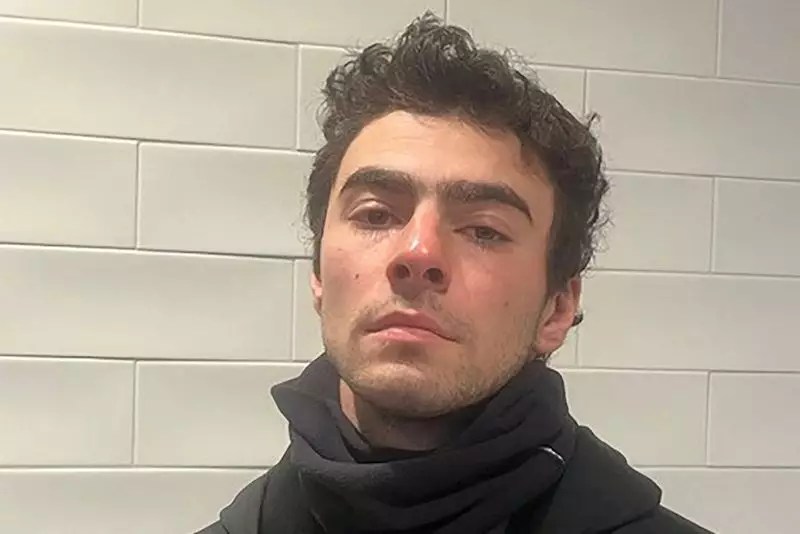On December 9, 2023, a shocking murder near a Manhattan hotel sent ripples through both the corporate world and public opinion. Brian Thompson, a prominent executive at UnitedHealth Group, was gunned down just days before a major company conference. This heinous crime has not only reignited conversations about the healthcare industry in the United States but also opened up a courtroom saga that has captivated and polarized public sentiment. A closer examination of the events surrounding Thompson’s murder reveals significant ideological divides and broader societal implications.
Luigi Mangione, the alleged perpetrator, was arrested in Altoona, Pennsylvania, following the shooting. By waiving his extradition rights in a court hearing, he seemingly expedited his transfer to New York, where he will face serious charges including first-degree murder and terrorism. The gravity of the situation is underscored by the grand jury’s indictment, which includes 11 counts against him. His arrest came shortly after the murder, where he reportedly possessed a self-assembled 9mm handgun and multiple fake identifications, raising alarms about premeditation and planning.
The chilling nature of the crime has been labeled by law enforcement officials as a “premeditated assassination.” Such terms indicate the calculated nature of Mangione’s actions, painting a picture of cold deliberation rather than impulsive violence. Though details are still emerging, it’s clear that the implications of this act extend well beyond the immediate criminal charges.
Mangione’s actions have evoked a range of public reactions, with some supporters beginning to view him as a folk hero. This counter-narrative highlights the deep-seated frustrations felt by many regarding the rising costs of healthcare and the perceived monopolistic powers held by insurance companies. Outside the courthouse, a small demonstration emerged, with supporters waving signs targeting the health insurance industry, suggesting that the public discourse has shifted in unexpected ways.
This phenomenon reflects an alarming trend where individuals, driven by ideological beliefs, may find justification in extreme actions. The notion that Mangione could be seen as a hero by some reveals a fracture in societal unity. It underscores the increasing polarization over healthcare issues, allowing criminal acts to be interpreted through a political and ideological lens. The responses to Thompson’s murder challenge us to consider the motivations behind violence and the complex social issues underpinning this tragic incident.
On the legal side, Mangione’s situation is turning complicated, as reports indicate he may face federal charges in Manhattan. Such charges could escalate the legal stakes, even opening the door for the death penalty, a possibility that raises ethical debates in an already contentious climate. The prospect of federal involvement may complicate Mangione’s defense strategy and heighten the intensity of the legal proceedings.
Moreover, the case has implications for discussions about gun control, mental health awareness, and the societal responsibilities of healthcare companies. If Mangione is found guilty, the trial could open pathways for exploring the broader themes of healthcare access and economic disparity that fueled his alleged grievances. In this sense, the murder of Thompson may serve as a catalyst for urgent, wider systemic discussions that call for reevaluation of current policies.
A Concluding Perspective
As the story unfolds, it is evident that the murder of Brian Thompson is not simply a tragic crime but emblematic of larger systemic issues facing many Americans today. The resultant legal actions against Mangione highlight a clash of ideologies, where individual actions have significant social ramifications. While the pursuit of justice in the courts remains paramount, so too does the need for societal reflection on the healthcare system that has shaped these events.
Understanding the motivations behind such acts requires us to critically engage with the systems at play—economic, social, and political—that often intertwine violently. As we watch the developments in this case, the need for dialogue and reform becomes clearer, prompting us to confront not only the criminal act but the environment that bred it. In doing so, we may begin to address the underlying grievances that permeate our healthcare discourse, working towards a more equitable society.


Leave a Reply